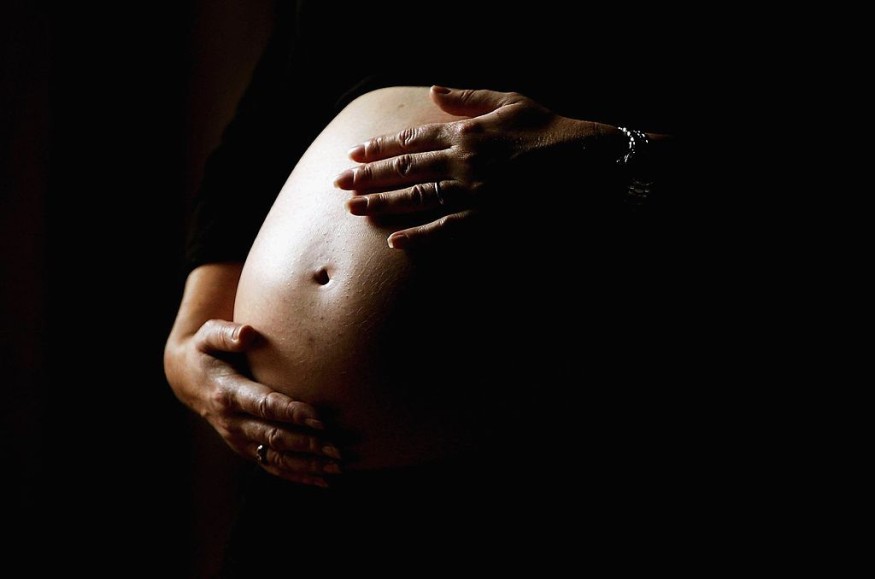COVID-19 May Have Prolonged Effect on Pregnant Women, Study Shows

A recent UC San Francisco and UCLA research reveal that COVID-19 can have a sustained influence on pregnant women. So far, the report is the first of its type of pregnant people who have not been hospitalized.
The early data looked at about 600 women and considered a cough and a sore throat to be the most prominent early signs. Around 5 percent of the participants were hospitalized. Two percent of the patients were sent to intensive care units. Only about 12 percent of respondents claimed they first had body aches and a fever, which shocked one of the lead researchers.
Twenty-five percent of the patients tended to suffer symptoms eight weeks after being ill, despite the mildness of their conditions. The median symptom period was 37 days. While pregnancy is known to trigger significant improvements to the immune system, the researchers said the duration of time with ongoing symptoms was shocking.
"We know in most studies in the general population that if you have mild COVID-19, usually your symptoms go away within the first one to two weeks," co-principal investigator Vanessa Jacoby said. "But that is not what we found if you are pregnant," Jacoby added.
How long will they experience the symptoms?
Many concerns regarding how COVID-19 affects pregnant women and their infants, including its long-term impact, remain unanswered months after the coronavirus pandemic, said David Jaspan of the Einstein Healthcare Network in Philadelphia. Jaspan, chair of the obstetrics and gynecology department, is not involved in the research.
One complication is that virus symptoms can interfere with typical pregnancy symptoms. The anxiety of sitting in a waiting room and vulnerability to the flu has indicated that less people are turning up for postpartum appointments, Jaspan added.
The latest report, which will track participants after their deliveries for a year, aims to fill the void. Researchers released the report in March and involved 594 women who tested positive for coronavirus between March and July.
The cohort is mixed with 60 percent White, 31 percent Latina, and 9 percent Black. Their average age is 31, residing across the country. Around 34 percent of them live in the Northeast. Twenty-five percent them are from the West. Twenty-one percent came from the South, and 18 percent in the Midwest. Thirty-one percent of them work in health care.
Just 12 percent registered fevers as among their first signs in one of the research's major results. That is a significant distinction from the general virus affected populace for which fever is a typical initial symptom. It also runs contrary to a prevalent assumption that until fever occurs, monitoring is not appropriate.
What are the prevailing symptoms?
A cough, accompanied by a sore throat and body aches, was the most prominent initial symptom. The lack of taste or scent, shortness of breath, runny nose, sneezing, cough, sore throat, vomiting, diarrhea, and dizziness were other, less frequent initial signs.
The researchers found that 52 percent of the study's participants no longer had symptoms three weeks after being ill. The number had risen to 60 percent by the fourth week. Seventy-five percent of patients were asymptomatic by the eighth week.
For pregnant women who do not need hospitalization, Jacoby said the analysis gives an indicator of what the coronavirus may look like, "the vast majority of pregnant people."
Check these out!
Vitamin D May Help Treat COVID-19, New Research Shows
Here's How a Good Night's Sleep Could Help Prevent Coronavirus, Based on this Study
Most People Hospitalized for COVID-19 Suffer Neurological Symptoms, Study Says
Subscribe to Latin Post!
Sign up for our free newsletter for the Latest coverage!
© 2026 Latin Post. All rights reserved. Do not reproduce without permission.














